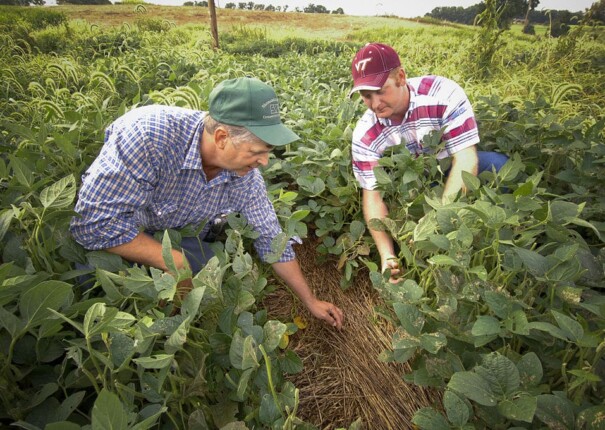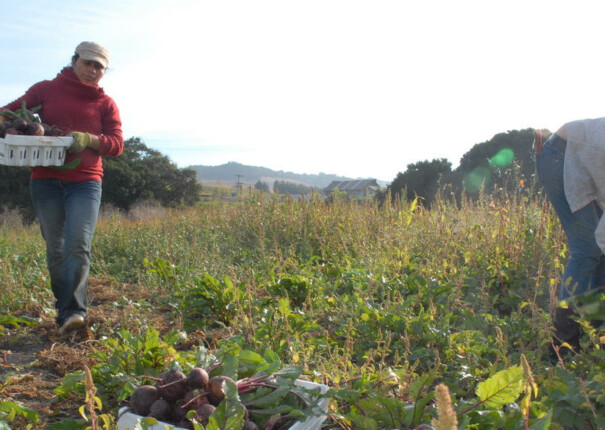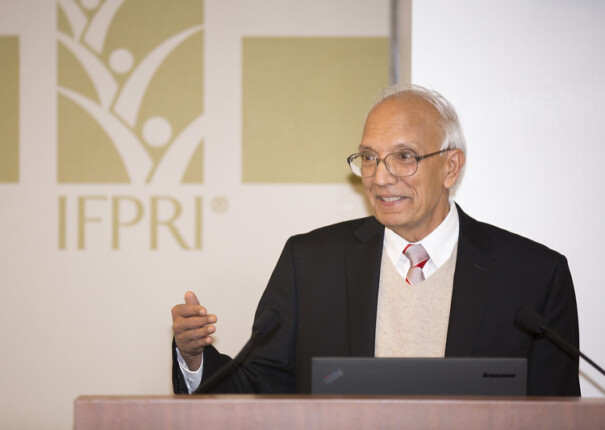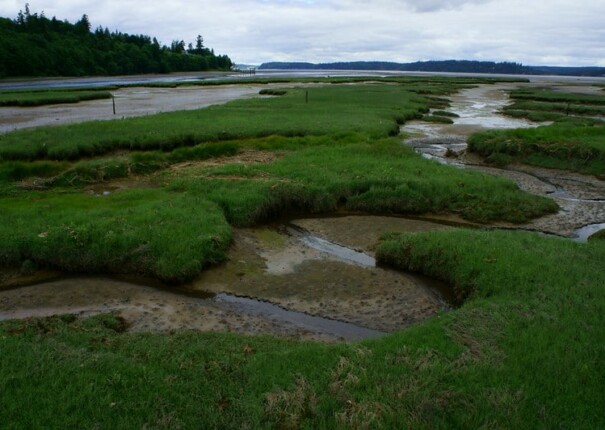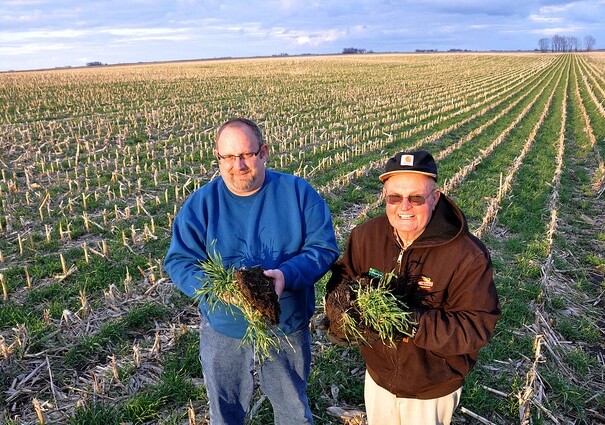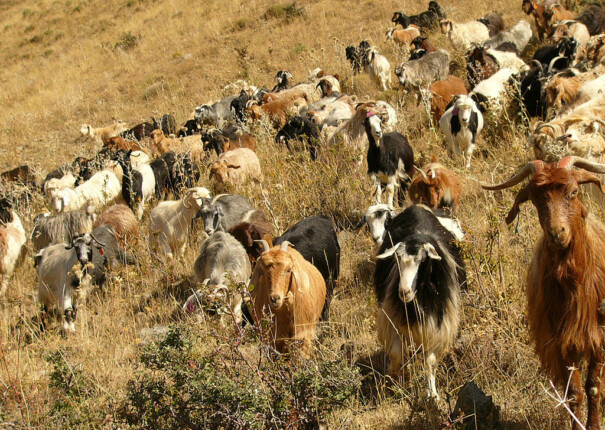Regenerative agriculture’s climate mitigation potential: a California perspective
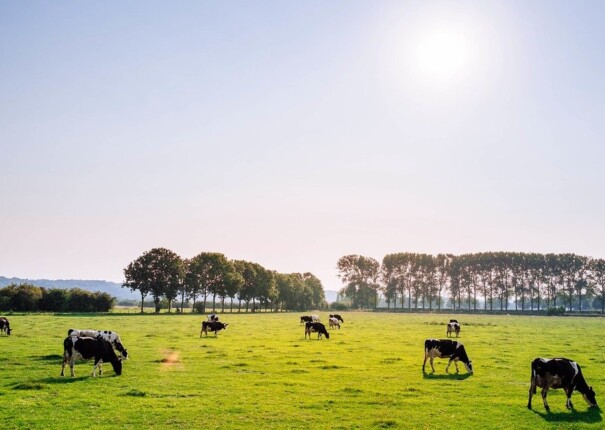
from CalCAN Highlights Changing agricultural practices can allow soils to become regenerative, which can help California reach negative emissions Regenerative Agriculture helps farmers sequester carbon from the atmosphere and bury it deep below ground, directly helping to slow the climate crisis Cap and Trade funds in California help to financially support regenerative ag programs within … Read more

